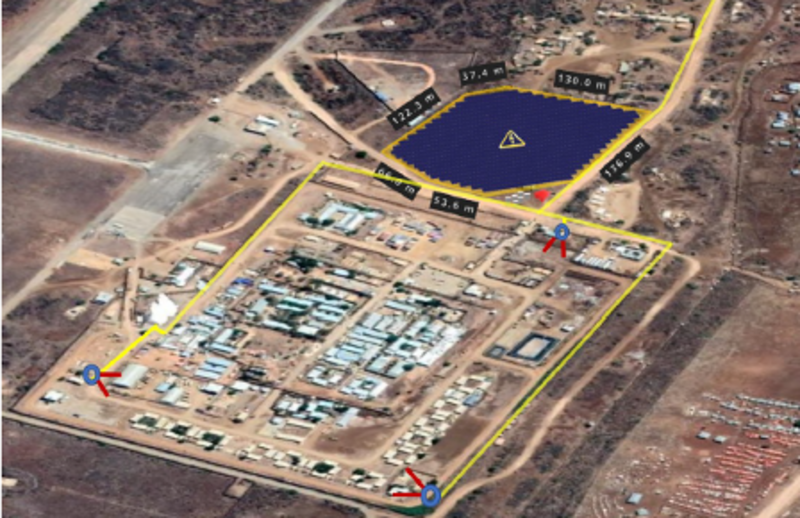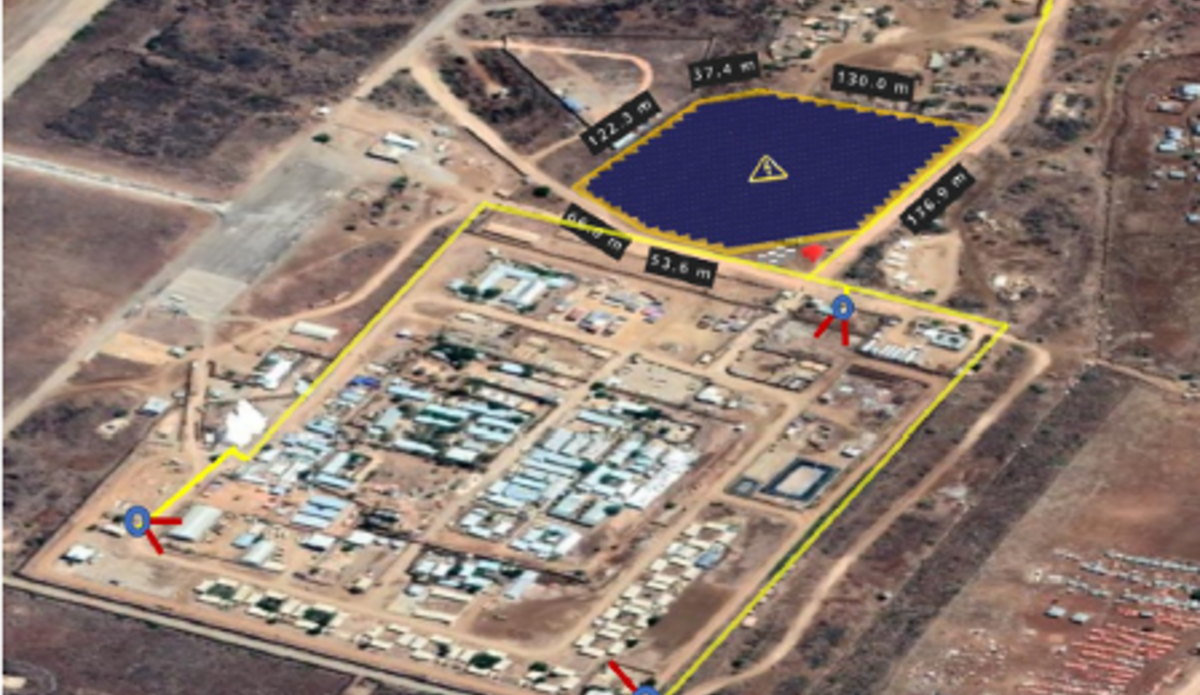Baidoa Set to Boost Renewable Energy Production
Baidoa, the largest city in South West Somalia, will soon initiate its renewable energy production, reduce the cost for electricity and create jobs for the local population. This follows the UN Support Office in Somalia’s (UNSOS) award of the Baidoa solar power purchase agreement to Kube Energy. The agreement stipulates the supply of solar power of around initially 10MW, in a second step 20MW, of which will 4MW be channelled to the AU-UN camp in the sector hub of Baidoa in a sustainable and more economical manner, and another 16MW going to people of Baidoa. Moreover, it will favour growth of local business at significantly lower cost, build the capacity locals who will construct, operate and maintain the renewable plant, and increase opportunities in an ecological and economical system around renewables.
The now defunct Baidoa Power Station ran on diesel, and as it ceased operation, the city carried on in an informal economy, including in electricity generation where power is provided via privately owned small and decentral generators and upcoming renewables. This new arrangement provides for a mid-term power generation boost, with a projected 25-year lifeline on the panels to be laid.
“We are very excited about the project. It will be a game changer for the city of Baidoa. Besides the environmental benefits, the solar power plant will provide economic opportunities, support development and consolidate peace.” said Mads Uhlin, CEO of Kube Energy. He added, “Kube Energy is a private sector company that aims to make an impact in fragile and hard-to-reach areas, which are often marginalized by public development initiatives and private investors. This project will increase access to clean, affordable and reliable energy for the communities and help UNSOS and others transition from diesel generators to renewables without having to invest in any of the infrastructure. This is a win-win situation for the people of Baidoa and the UN. We hope this project will establish a model that can be used in other contexts.”

Image courtesy of Kube Energy, showing the current UN sector hub Baidoa and the planned plant layout with the top right end yellow line being the connection line to the city of Baidoa
This increased supply will be offered at an affordable price of USD 0.48 per kWh in the first five years of commercial operation, and USD 0.30 per kWh thereafter; well below the current price of more than USD 1.0 per kWh. Kube Energy already has an agreement with the South West state, and the newly added key customer UNSOS will finally enable the installation of the plant.
Speaking on behalf of the UNSOS project implementers, Mr Heiko Wissenbach, the Chief of the Electromechanical Unit at UNSOS said, “After nearly a year of hard work, this is now in the pipeline and within the next few days, the contract will be sent to the vendor, signed and the project should start soon. We are cautiously optimistic that 12 months down the road the lights will go on by solar power.”
The long-term benefits of this project to the mission include: it will get close to 100% transition to renewable energy at the mission site in Baidoa, save the mission and the environment the burning of around 900,000 litres of fuel per year thus taking the mission a big step forward towards the UN Secretariat Climate Action Plan (UNSCAP) targets, ensure savings on the long term, and simplify operations at mission level with maintenance and operation burdens outsourced. “This is a great step forward in Baidoa for both the UN and for local residents, which sets an example for other parts of Somalia – not only in terms of renewable energy, but hopefully also in bringing sustainable natural approaches that will also contribute to stability in the area through focusing on environmental security,” said the UN Environmental Advisor to Somalia, Christophe Hodder.
At the peak of this undertaking, the solar plant is projected to have a capacity of 20 MWh generating capacity per day and reduce carbon dioxide emissions by again 92% for the additional 10MWh still produced in the city by conventional diesel generators, in as soon as the plant expansion goes online. Due to a staggered five-plus-five-year cost per kWh goes down from USD 0.48 to USD 0.30 per kWh, after the first five years, the mission will buy power about 20% cheaper than the normal average price of “home-produced” diesel power. As another big development boost, Kube Energy has decided to transfer the ownership of the whole plant to the South-West state after 15 years of operations.
 UN
UN





